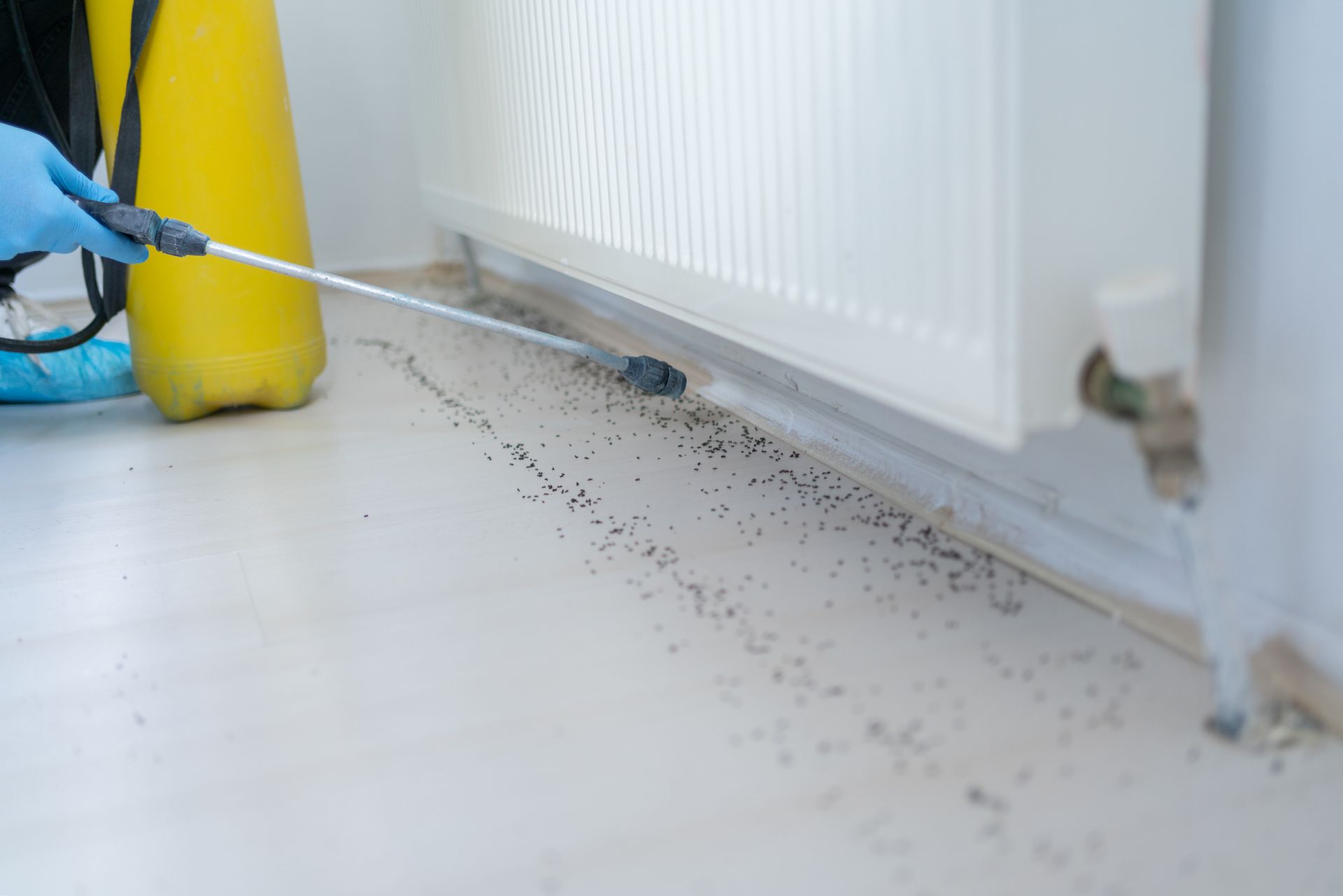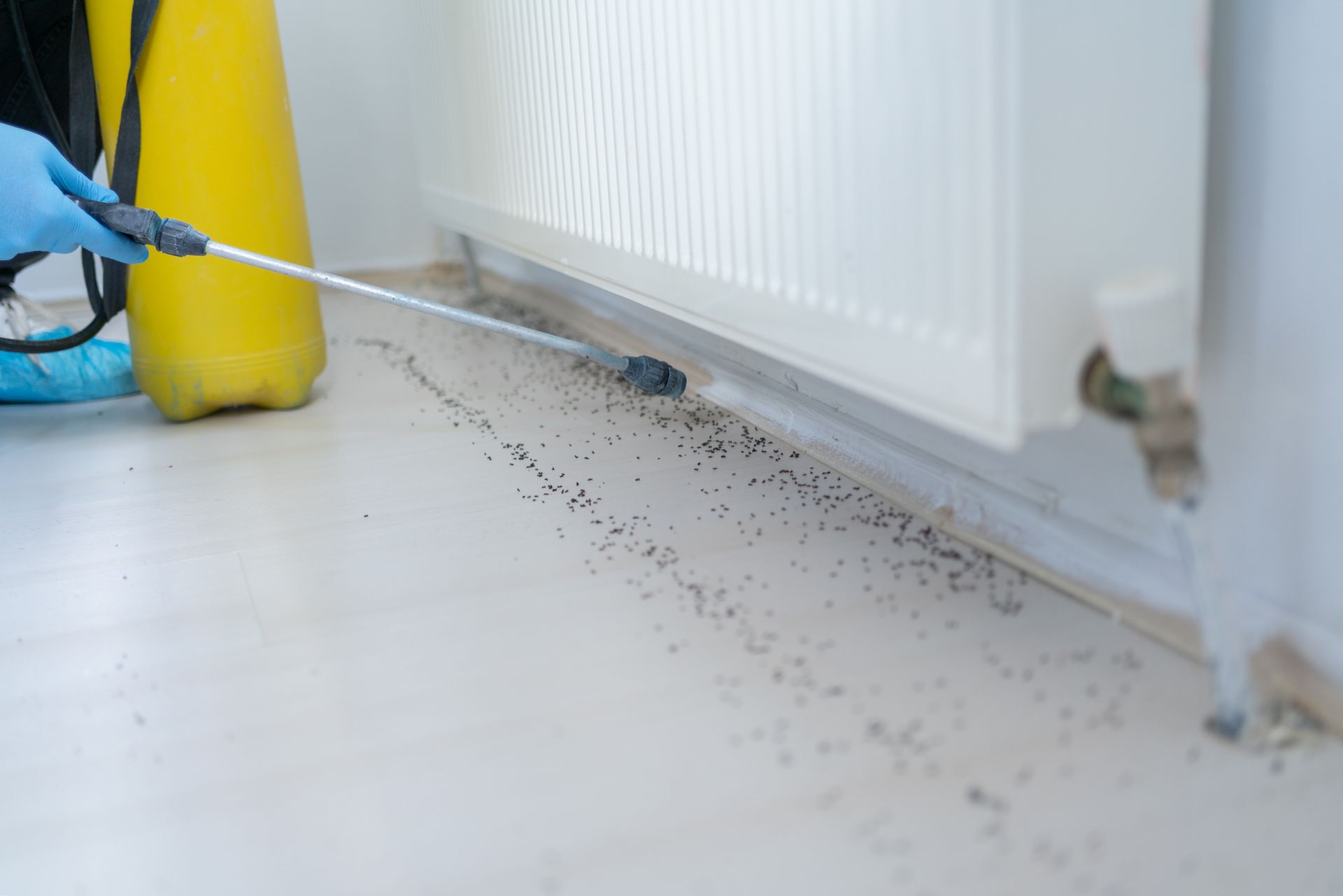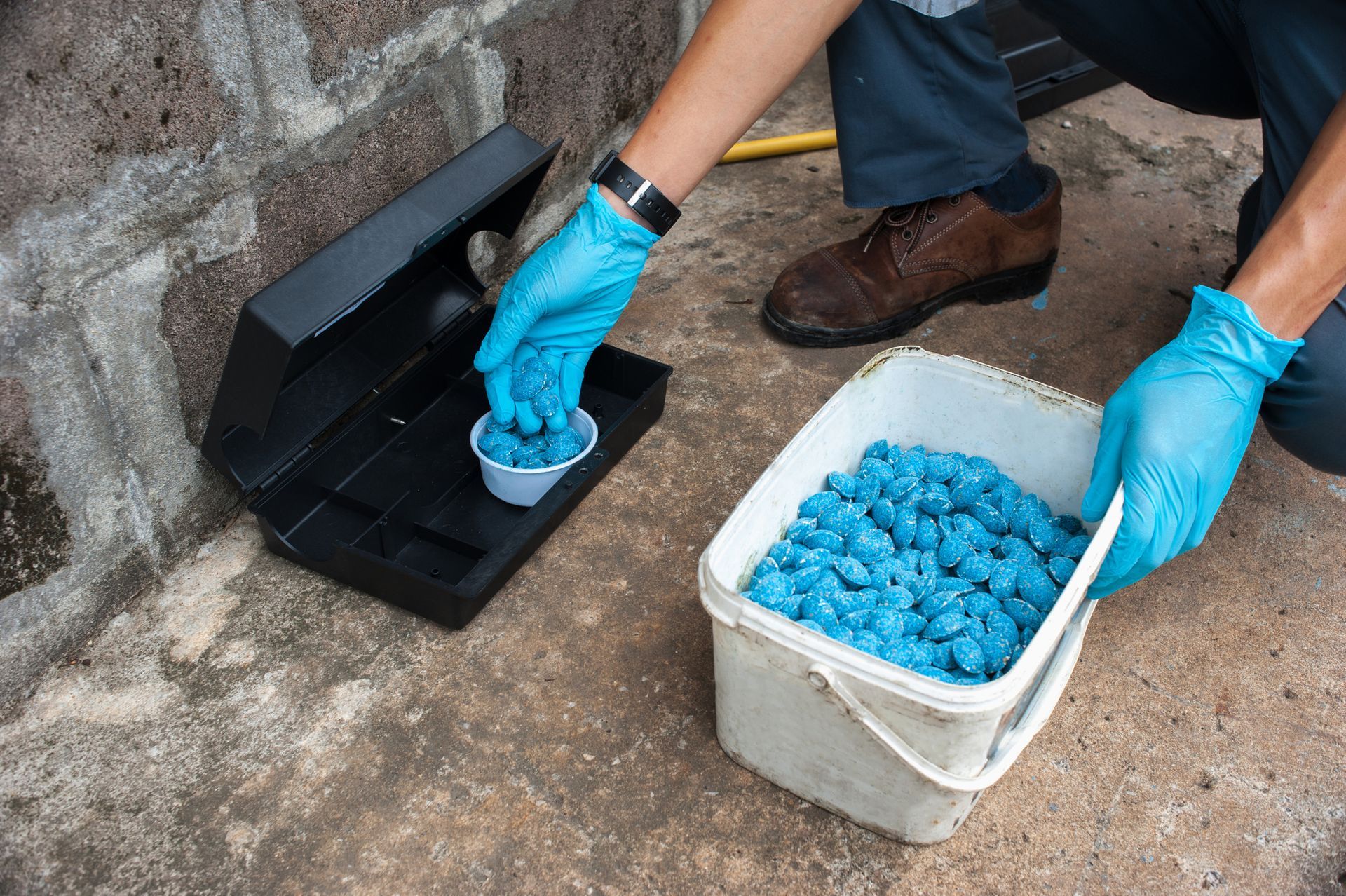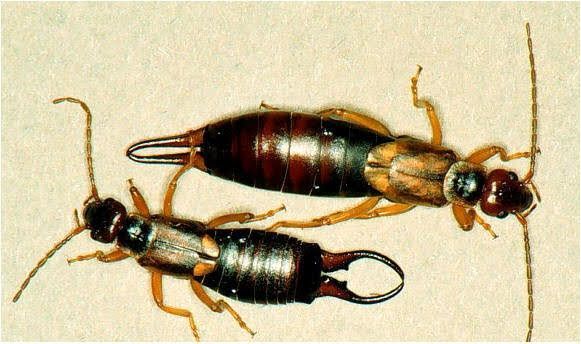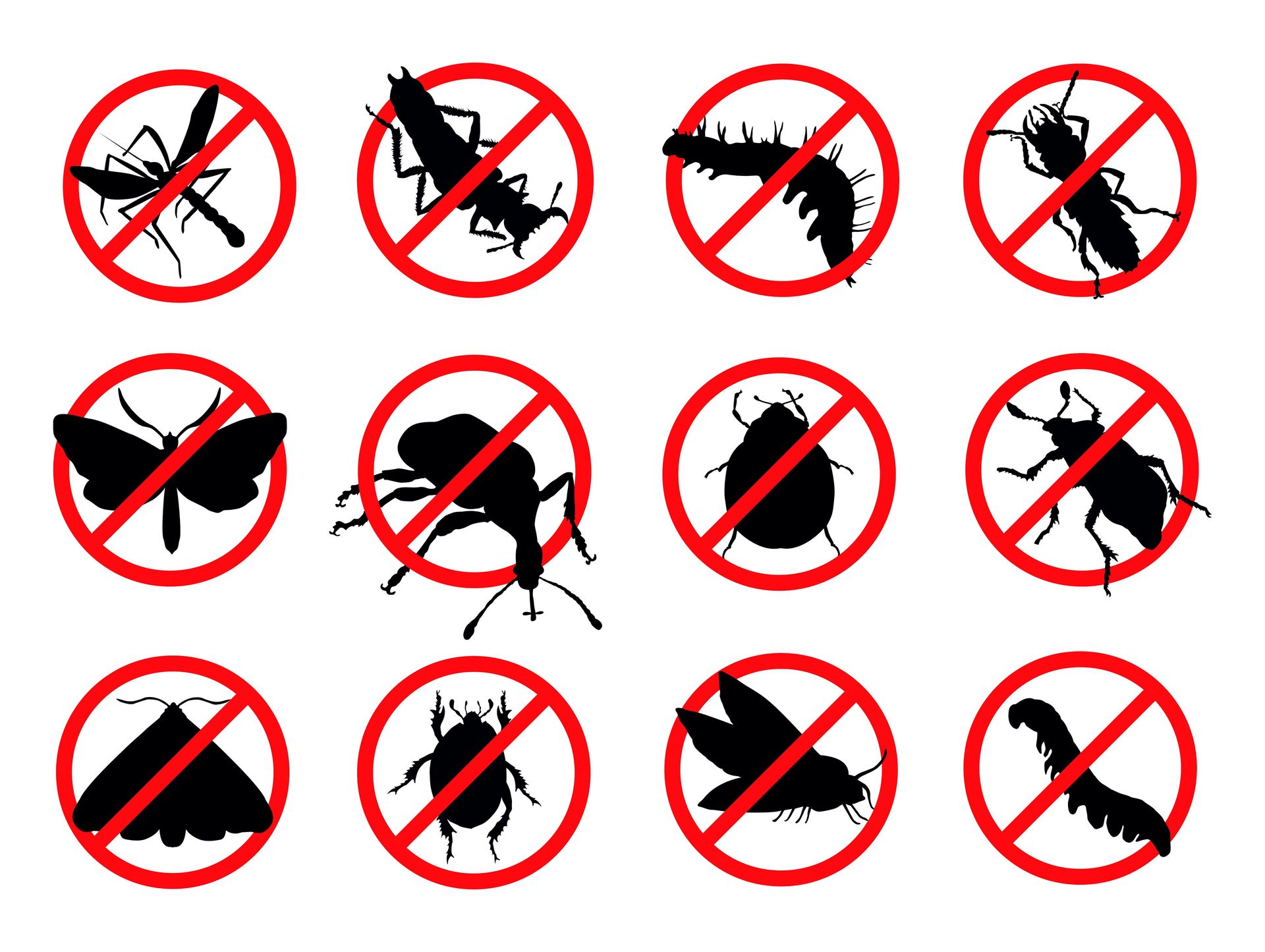Are Spiders Affected By The Winter Months In Pleasanton, CA?
Not So Cold Blooded
Spiders are technically exothermic, meaning they cannot generate their own body heat using their metabolism. However, unlike many other bugs, spiders won’t freeze to death or go into torpor if they get too cold. Many spider varieties have a sophisticated antifreeze system that uses high accumulations of glycol compounds to allow the spider’s tissues to go through frigid temperatures without freezing. That means spiders don’t need to seek warmth in your home to survive.
However, it’s quite common for home and business owners to find more spiders on their property throughout the winter. But if spiders don’t need to shelter from the cold in our climate-controlled buildings, why are they coming inside? The short answer is other bugs. Spiders don’t need our houses for warmth or food, but the insects they eat do. Many pests like silverfish, roaches, roly-polies, and more have a harder time resisting the cold than spiders. These pests choose to overwinter in our homes not just for the warmth but for the convenient and easy food access too. Spiders follow these pests into your home.
You may also be noticing more spiders in your house because you already had a small infestation that has now started multiplying. Spiders are so abundant it’s pretty much impossible to keep your house totally free of them. However, a few spiders in your home are likely to go unnoticed because spiders keep out of the way of humans, hiding in dark corners that don’t see a lot of traffic. If the spider population gets big enough, a shortage of dark corners might start to develop, causing spiders to migrate around your home looking for areas where they can be alone.
Spider Prevention Tips
If you want to keep spiders out of your home, the best place to start is by making it harder for them to get in and making your home less hospitable to them once they're inside. To reduce spider access points:
- Seal off cracks and holes in your home’s exterior
- Ensure door sweeps and window sills fit properly and install weather stripping if they don’t
- Make sure door and window screens are free of rips or tears
To make your home less hospitable to spiders, take measures to get rid of their favorite prey:
- Cover trash cans and pantry foods to mask smells from roaches and ants
- Clear clutter to reduce insect hiding spots
- Vacuum and wipe surfaces often to clean up crumbs and food spills that could attract insects
- Call the pros
If you already have an infestation of spiders and their favorite prey, getting rid of them can prove difficult. Spiders don’t eat poison bait, web-weaving spiders are unlikely to get caught in sticky traps, and they don’t often respond to over-the-counter (OTC) sprays. Fortunately, help is just a click or call away. Here at Patriot Pest Management, we’ve been helping the Greater Bay Area deal with local pest species for 20 years. We can take care of your spider problem as well as any infestations that may be causing it. Give us a call at (925) 281-5792 or visit our contact page to schedule your home pest control inspection today.



